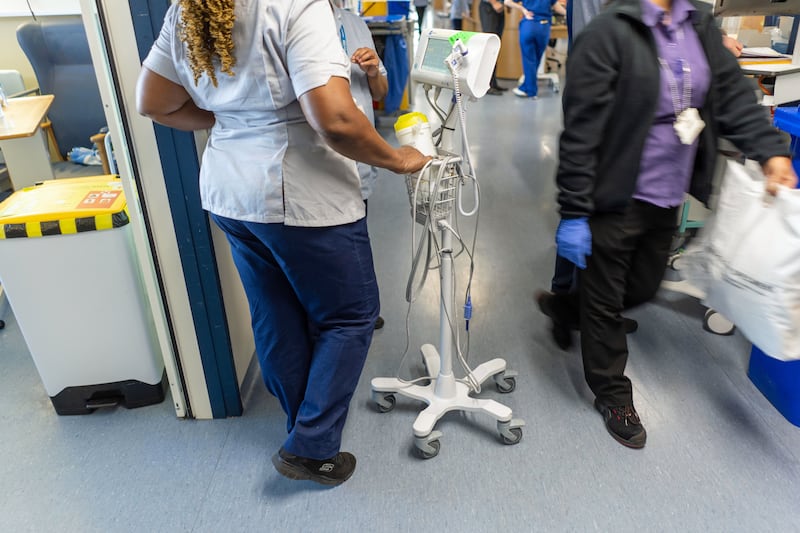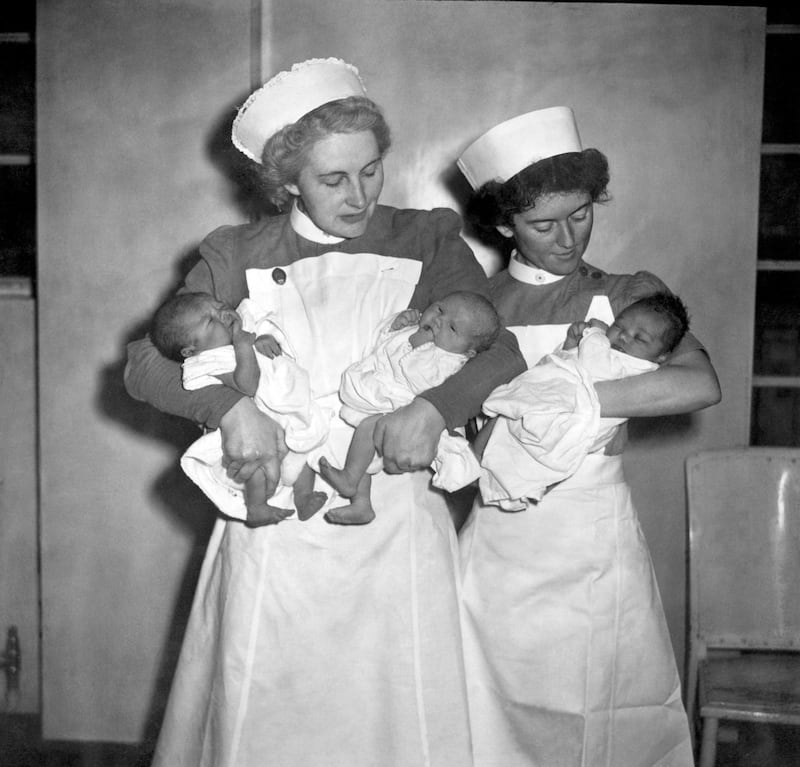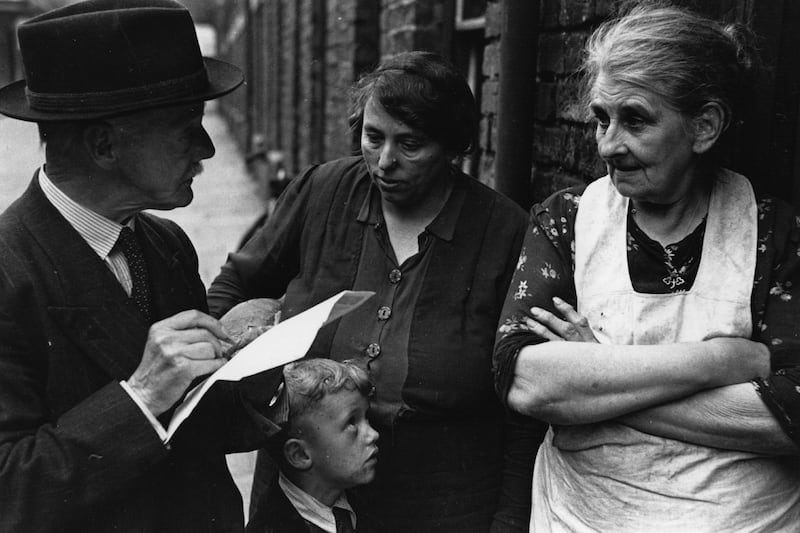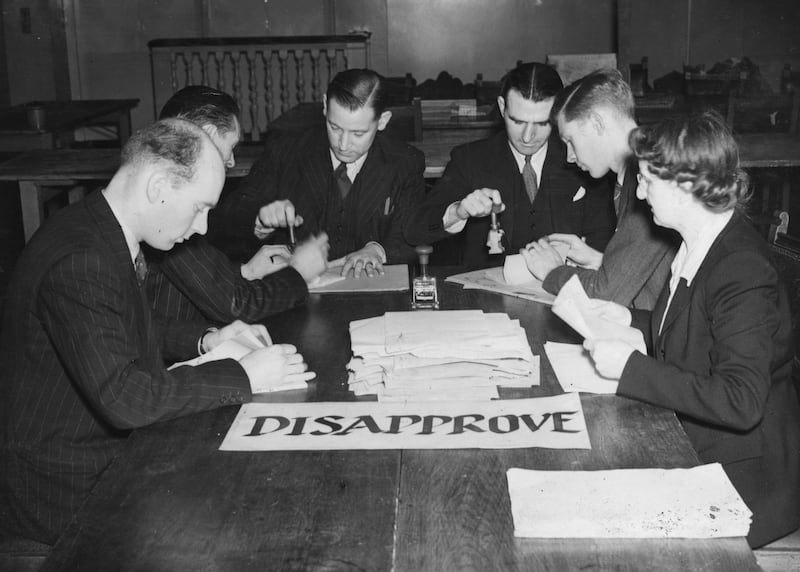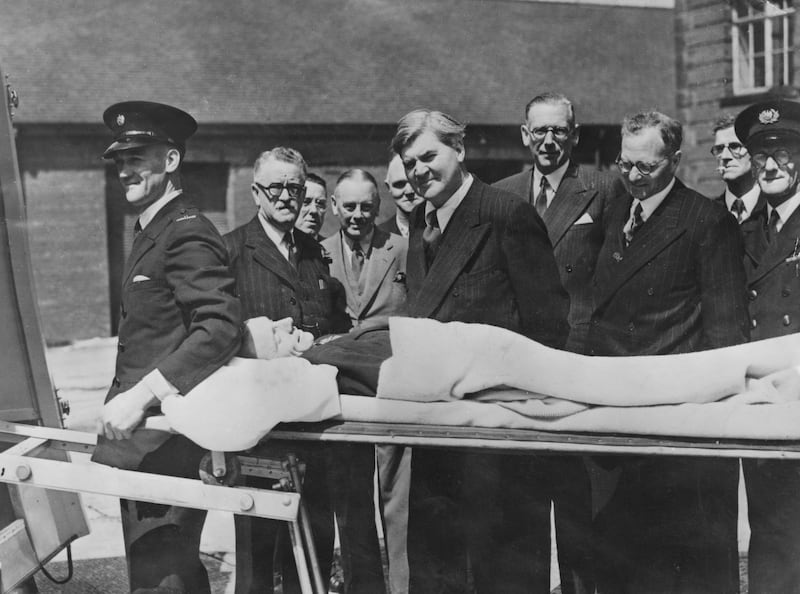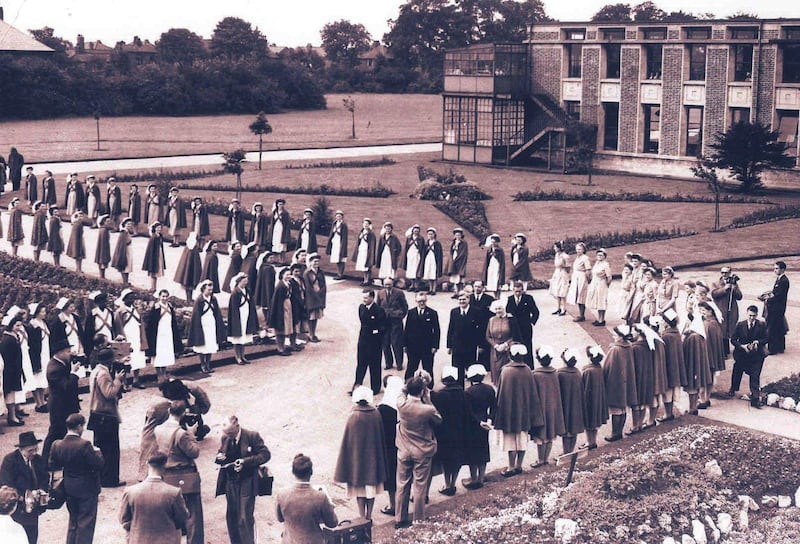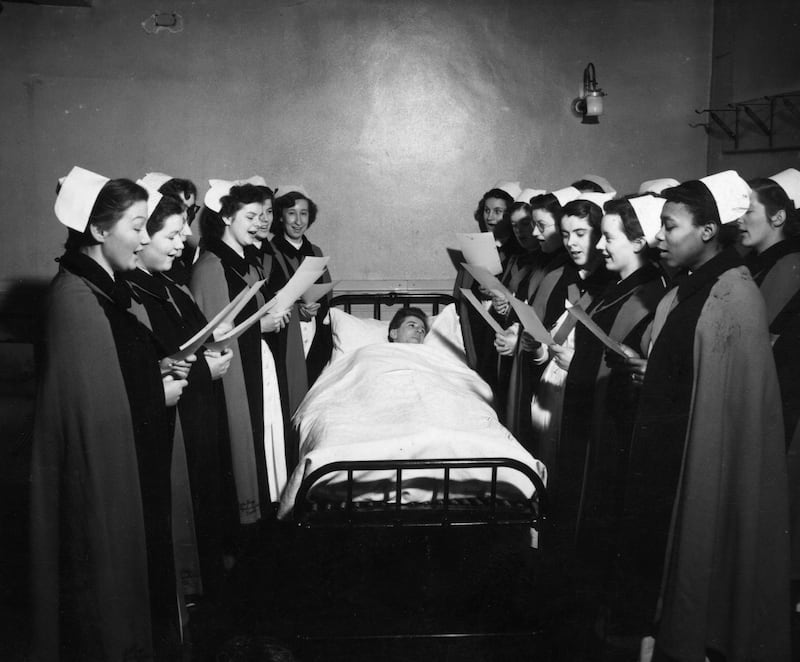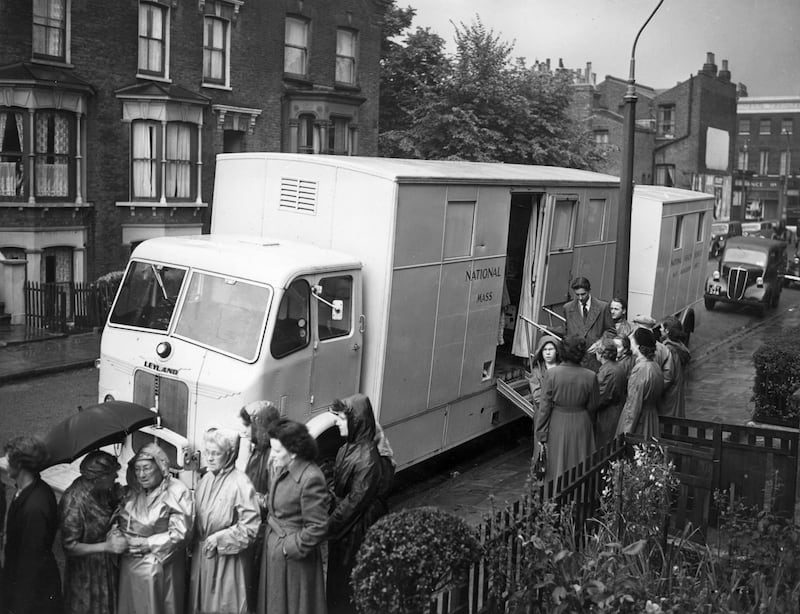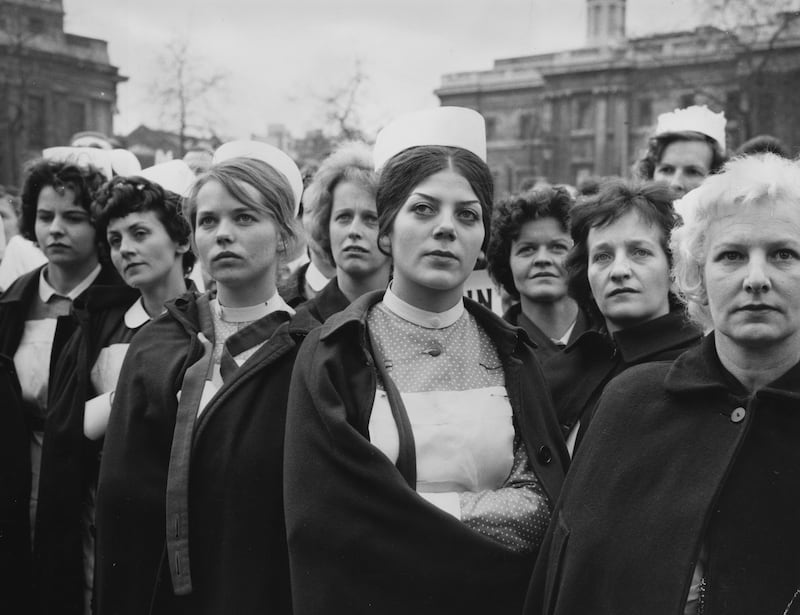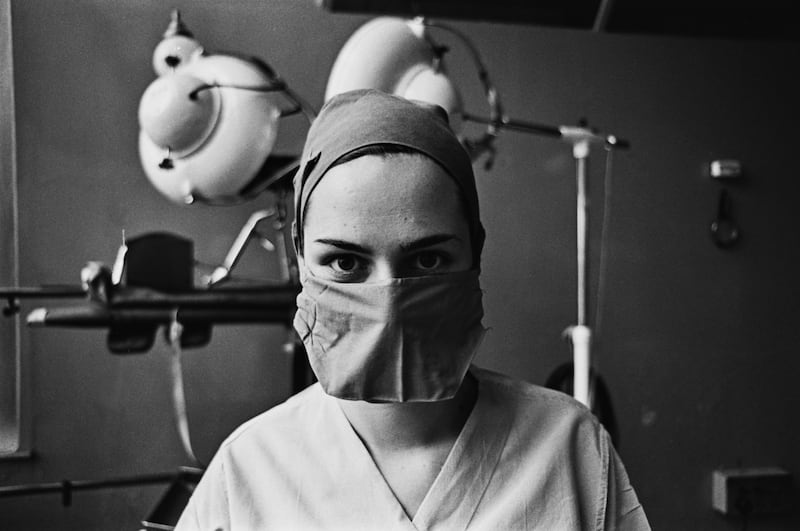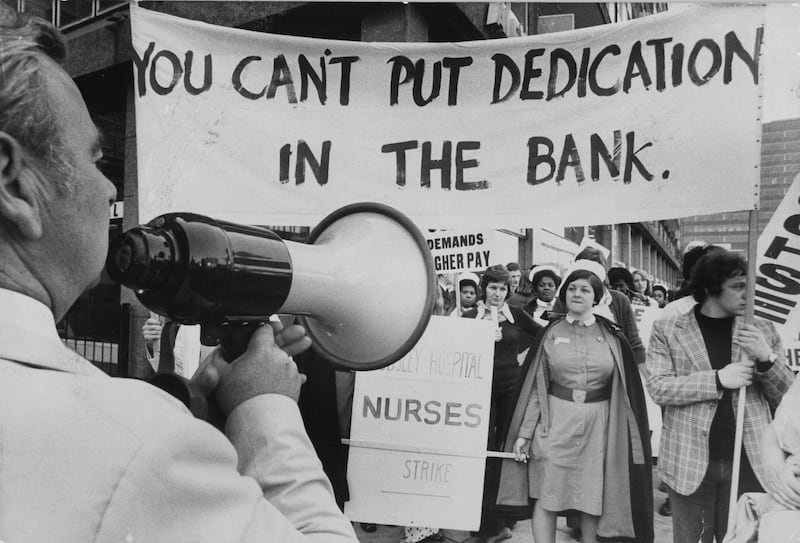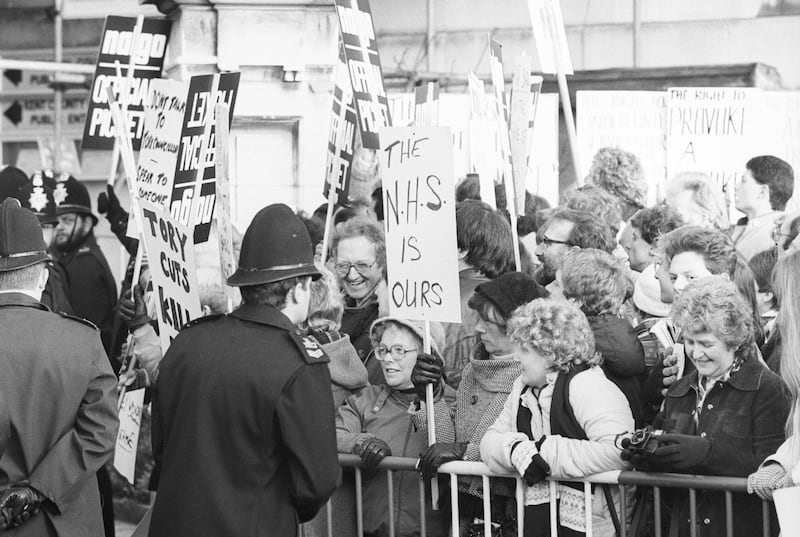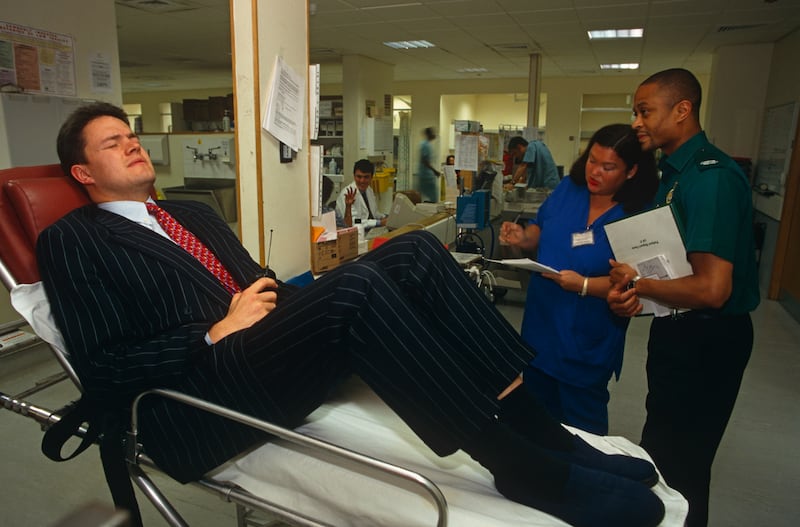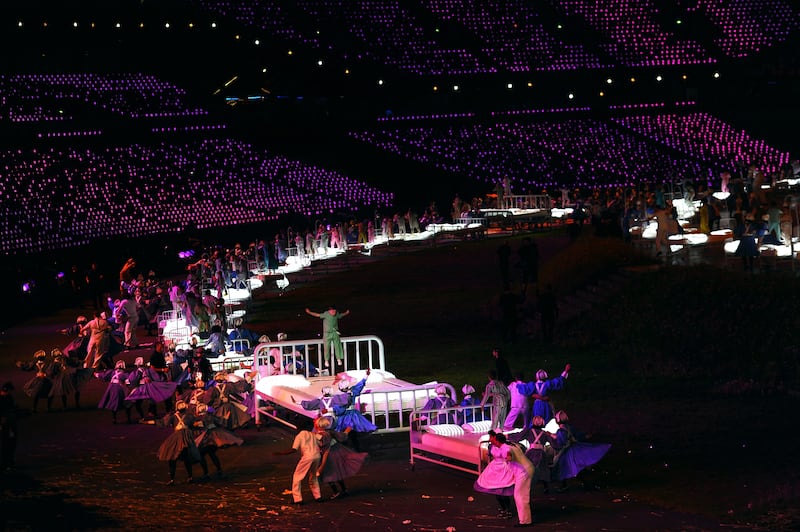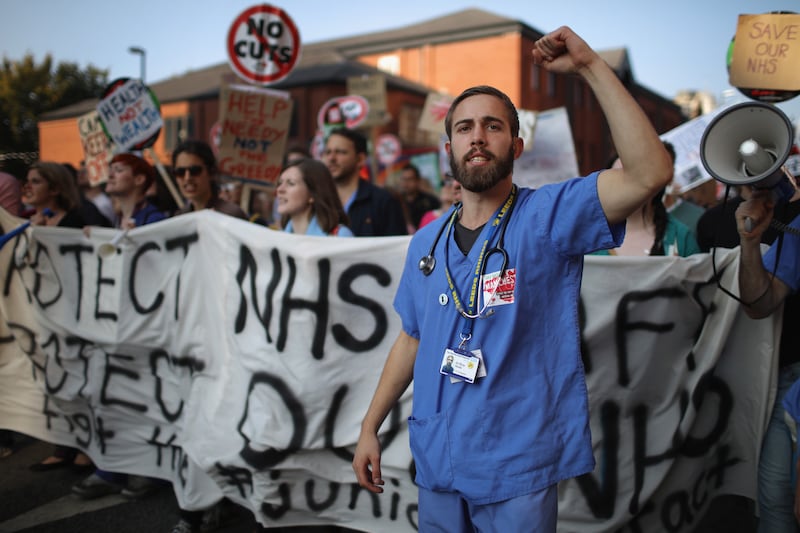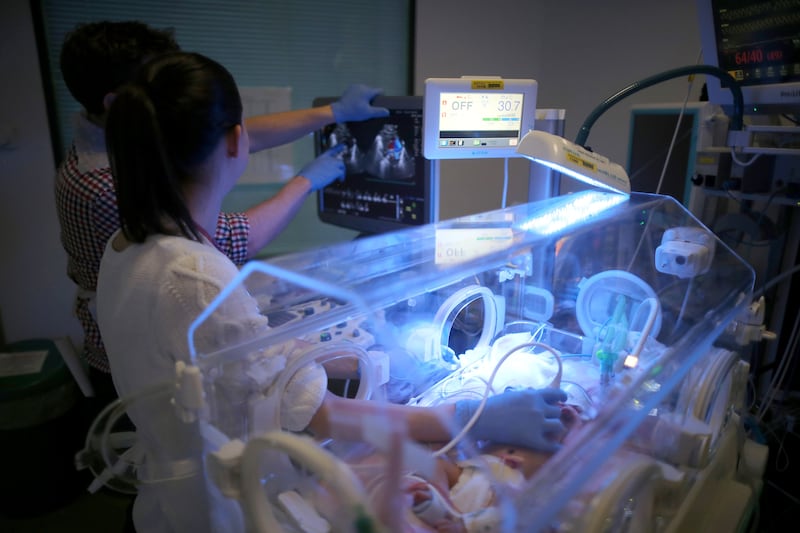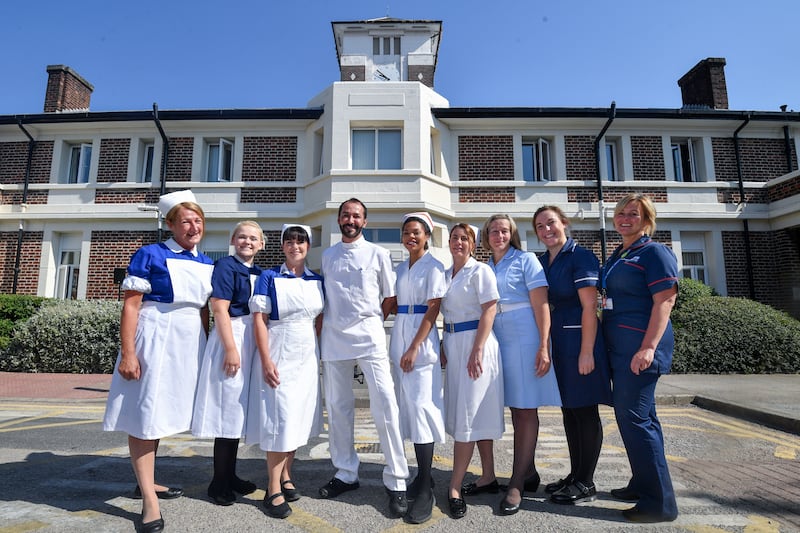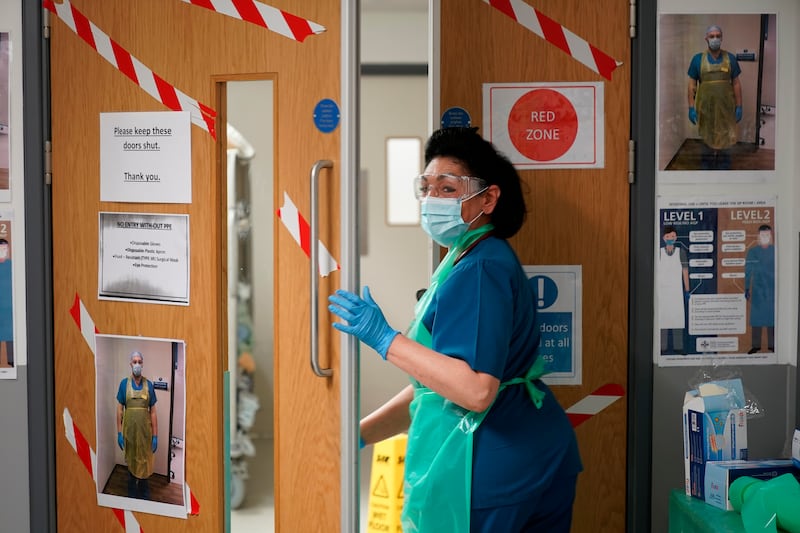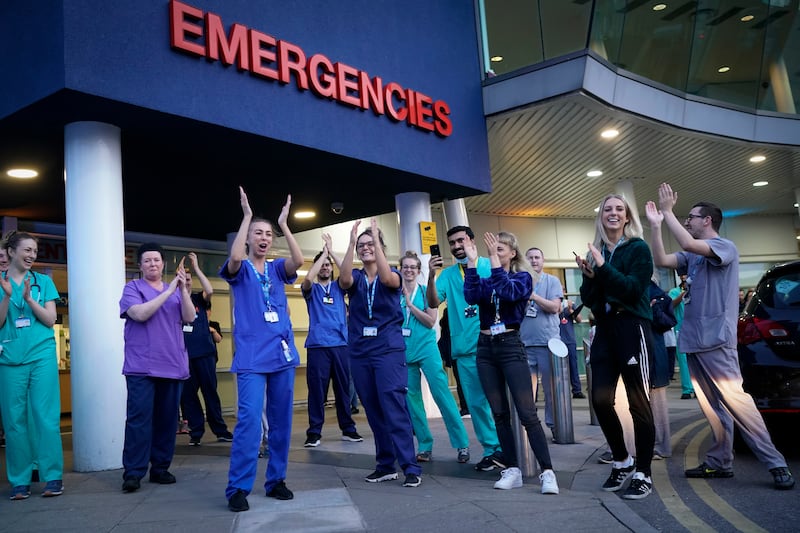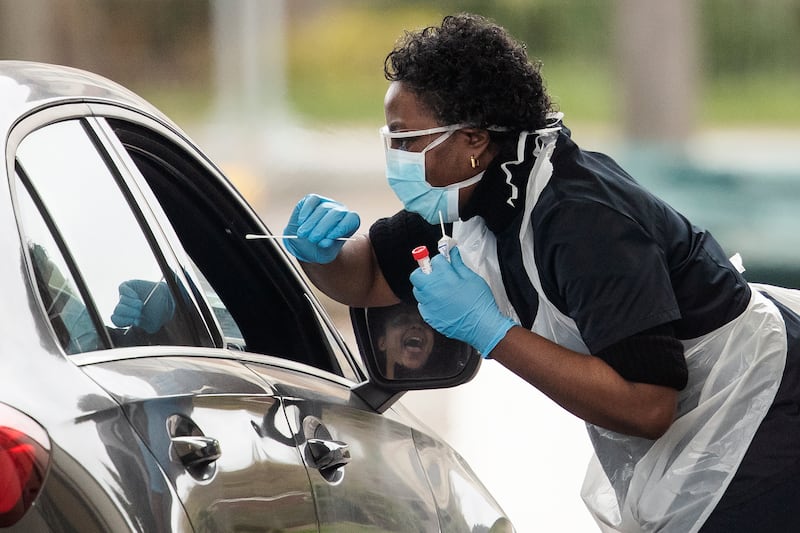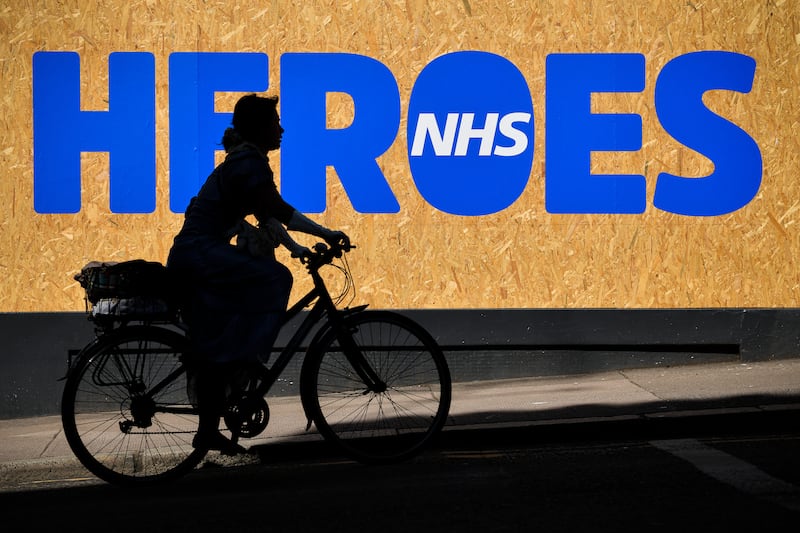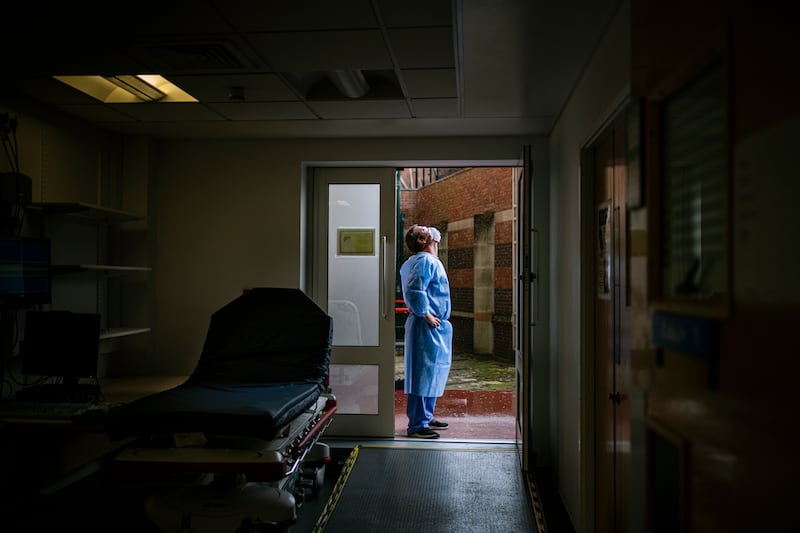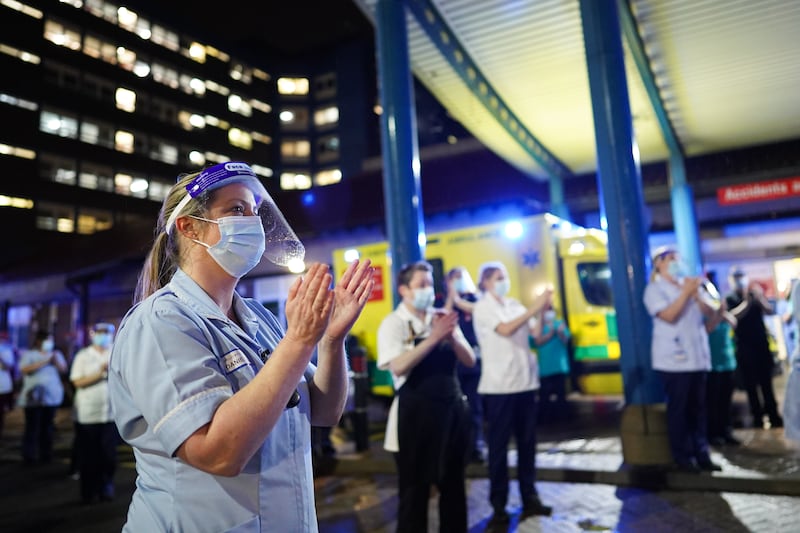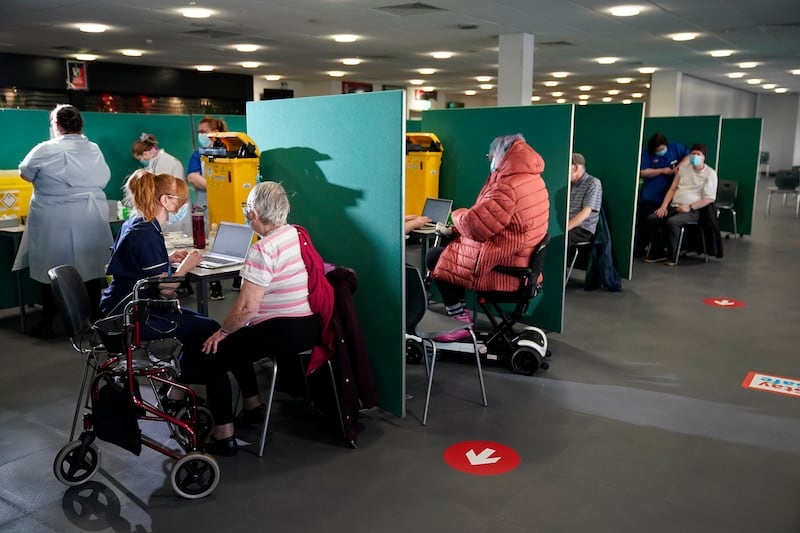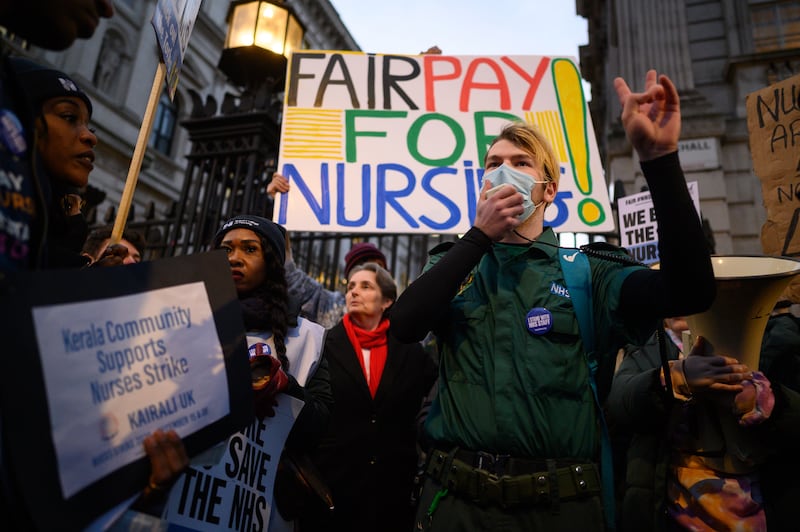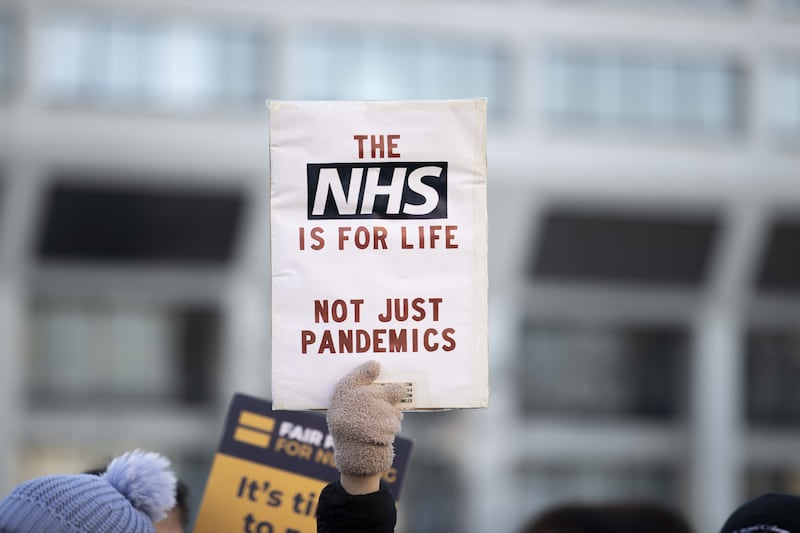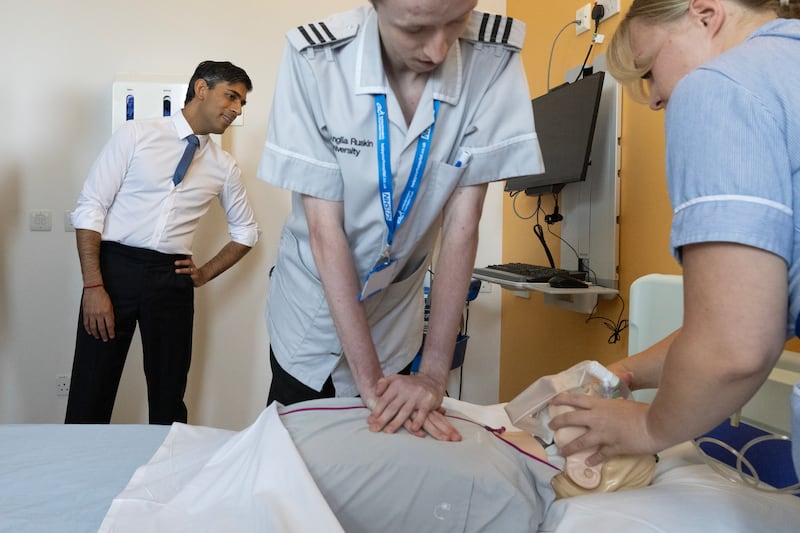In an urgent warning issued by England's health ombudsman, the current strain on the National Health Service (NHS) due to overstretching, understaffing and worker exhaustion is significantly endangering cancer patient care.
The call for immediate government action highlights the critical need for measures to prioritise patient safety.
The Parliamentary and Health Service Ombudsman (PHSO) has conducted 1,019 investigations related to cancer complaints from April 2020 to December 2023, with 185 cases being upheld or partly upheld.
The investigations frequently pointed to treatment delays and misdiagnosis, particularly concerning lung, breast and colorectal cancers, alongside issues in communication, referrals and end-of-life care.
Rob Behrens, the health ombudsman, stressed the imperative of safe and effective care.
“But patient safety will always be at risk in environments that are understaffed and where staff are exhausted and under unsustainable pressure,” he said.
He called for “concerted and sustained action from the government” to ensure that NHS leaders can focus on safeguarding patients.
This situation is further reflected in NHS England's data, which shows that only 74.2 per cent of patients urgently referred for suspected cancer in December 2023 received a diagnosis or had cancer ruled out within 28 days, failing to meet the 75 per cent target.
BBC's analysis last month revealed that cancer waiting times in England were the worst on record last year, with nearly 100,000 patients waiting longer than the recommended 62 days to begin treatment.
Highlighting the human impact of these failures, the story of John Eastwood and his late wife, Sandra, is a poignant example.
Ms Eastwood was initially misdiagnosed and inadequately treated for a rare gastrointestinal stromal tumour, leading to a terminal cancer diagnosis and her eventual death four months later.
Mr Eastwood expressed his disillusionment with the care provided, underscoring the lack of effective communication and timely diagnosis.
“I feel absolutely disgusted with the ‘care’ she received from the hospital,” he said.
“They didn’t investigate the scan results and just put it down to Warfarin straight away.
“It seemed like the medical teams did not communicate with each other and everything felt very disjointed.
“They left her in agony for months before she died.”
The PHSO concluded that the misinterpretation of Ms Eastwood's scans and the delayed review by a multidisciplinary team significantly contributed to the missed opportunity for effective treatment.
“What happened to Ms Eastwood was unacceptable and her family’s grief will no doubt have been compounded by knowing that mistakes were made in her care,” Mr Behrens said.
“Her case also shows, in the most tragic of ways, that while some progress has been made on my recommendations to improve imaging services, it is not enough and more must be done.
“Government must act now to prioritise this issue and protect more patients from harm.”
The NHS through the decades – in pictures
In response to the ombudsman's findings, York and Scarborough Teaching Hospitals NHS Foundation Trust acknowledged the shortcomings in Ms Eastwood's care and pledged to enact practice changes.
Meanwhile, Sir Julian Hartley of NHS Providers emphasised the dire consequences of resource limitations on patient care, advocating substantial, long-term solutions, including fully funding the NHS Long Term Workforce Plan.
“At a time when demand for services has never been higher, the NHS is grappling with over 110,000 staff shortages,” said Sir Julian.
“Trust leaders are doing all they can to ensure timely, high-quality care for patients, their number one priority, but their efforts need to be backed nationally.
“The patient ramifications of pared-back staff and outdated equipment and IT systems must not be sidelined.”
Breast Cancer Now also called for immediate action to address the crisis in cancer care, with chief executive Baroness Delyth Morgan highlighting the disastrous brink on which breast cancer care teeters.
“This worrying report is yet another warning to the Government of the consequences of failing to tackle the crisis facing cancer care in England,” she said.
“Breast cancer care is on the brink of disaster, with breast screening uptake in England tragically falling short of targets, and long waiting times preventing many women from starting potentially life-saving treatment on time.”
